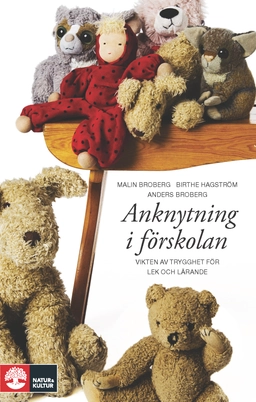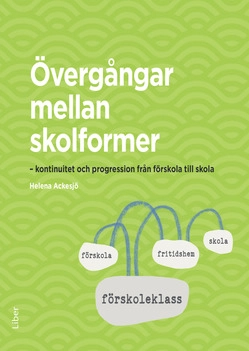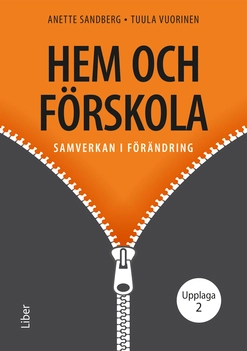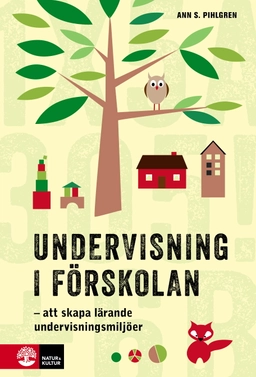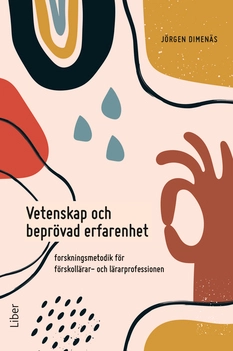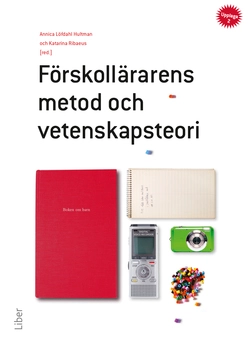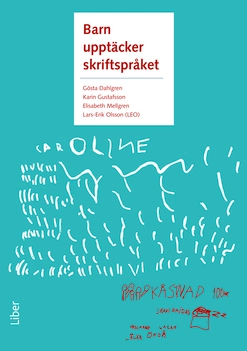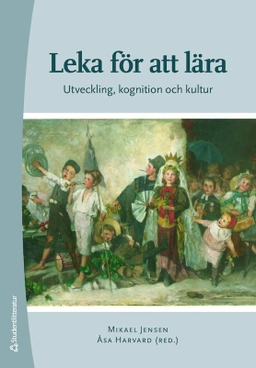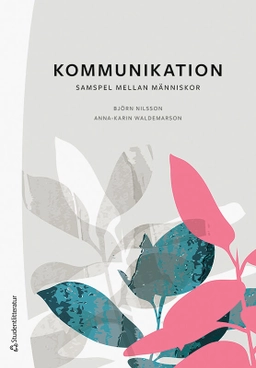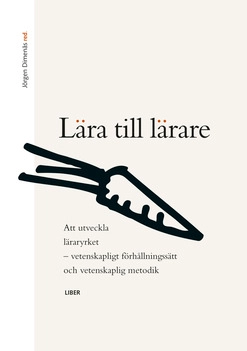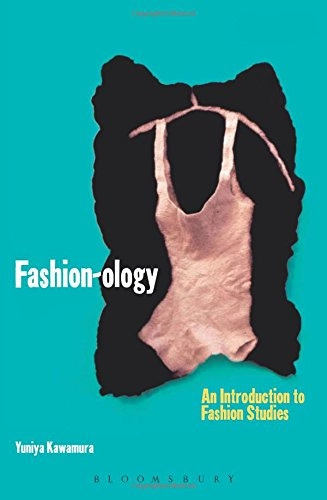

Fashion-Ology: v. 40
- Utgiven: 2004
- ISBN: 9781859738146
- Sidor: 144 st
- Förlag: Berg Publishers
- Format: Häftad
- Språk: Engelska
Om boken
Åtkomstkoder och digitalt tilläggsmaterial garanteras inte med begagnade böcker
Mer om Fashion-Ology: v. 40 (2004)
I december 2004 släpptes boken Fashion-Ology: v. 40 skriven av Kawamura Yuniya. Den är skriven på engelska och består av 144 sidor. Förlaget bakom boken är Berg Publishers.
Köp boken Fashion-Ology: v. 40 på Studentapan och spara pengar.
Referera till Fashion-Ology: v. 40
Harvard
Oxford
APA
Vancouver
